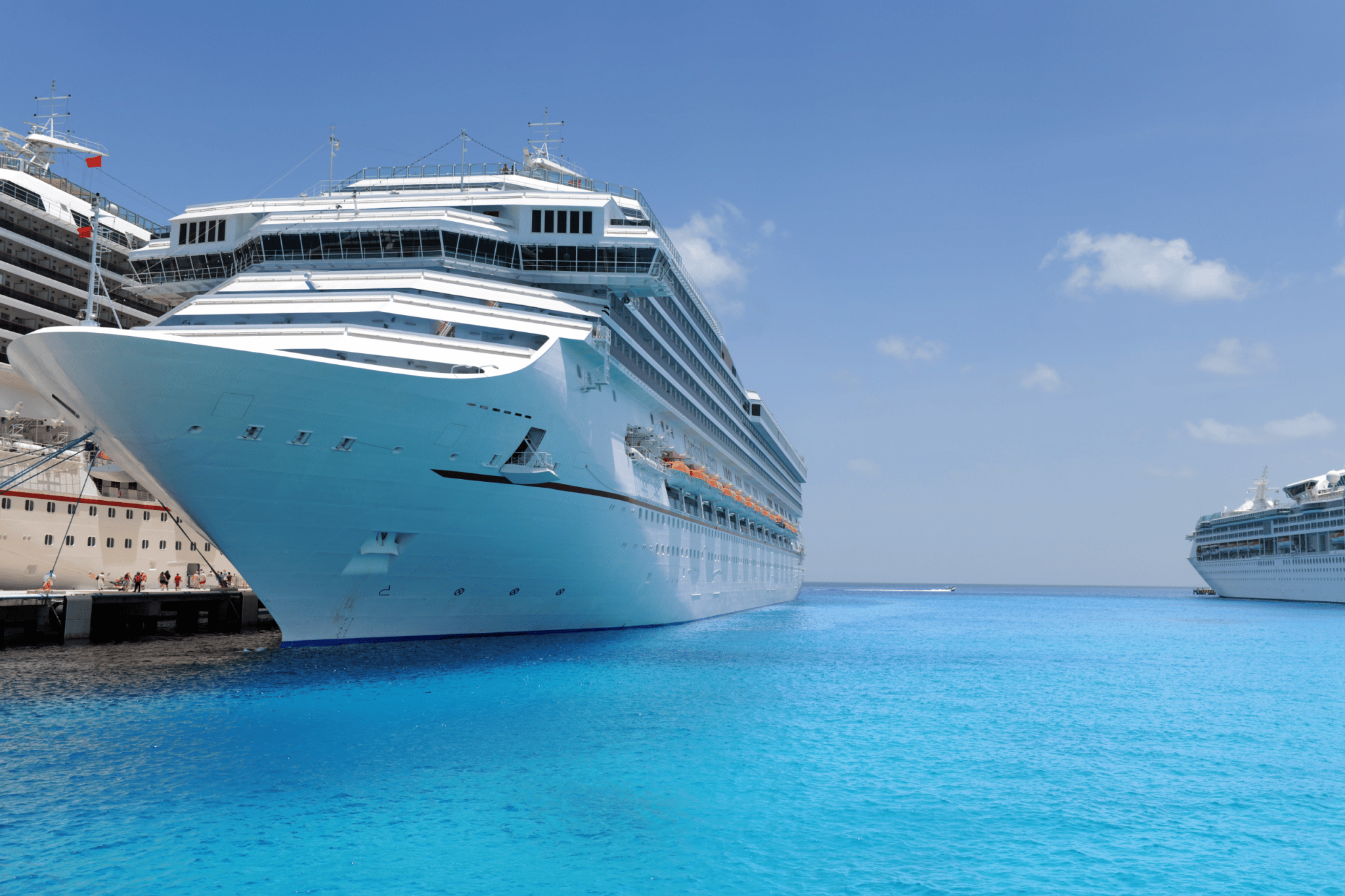Cruises are getaways. You can sail to different parts of the world and explore new areas. However, cruise ships are not places where the law ceases to exist. Crimes occur at sea, and when they do, there are consequences.
One question many people don’t know the answer to is if you can get arrested on a cruise ship. The simple answer is yes. You can be detained on a ship by their security team.
Because of this, it’s important for every cruisegoer to understand what can happen if you get detained, who has the right to detain you, and what legal jurisdiction you are under when out at sea. Read on to find out what you need to know to protect your own rights and those of the ones you love when on a cruise.
What Law Applies on Cruise Ships?
Cruise ships can dock or be out at sea – and where the cruise ship is when the incident occurs is key to understanding which laws apply. This area of law is called maritime law, and it’s vital for anyone on a cruise to have at least a basic understanding of it.
In most cases, cruise ships in international waters will follow the laws of the country where the ship is registered. The ship’s captain has discretion to detain a person until the ship can dock and other law enforcement agencies can get involved.
Any crimes that occur within 12 nautical miles of a country’s shoreline mean that country’s laws will apply. Often, confusion comes into play in these matters because ships may be registered in one country but operated and owned out of another. This is why maritime lawyers and their expertise are needed when something happens to you on a cruise.
Does a Cruise Ship Have a Jail?
A cruise ship does have a jail, but it’s called a brig. Brig is short for the nautical term brigantine, named after a type of ship once used to transport criminals.
These brigs function much differently than jails on dry land. They’re not big, but simply a place where those who may have committed crimes can be held until the proper authorities can take over the case.
What About Cruise Security?
Cruise lines don’t have police onboard. Instead, they have security teams they employ. The captain has the ultimate authority in decision-making on the ship regarding what should happen to those suspected of criminal activity. They may choose to dock early to report the crime and then continue on their scheduled course.
The ship’s captain, as well as the security team, have the responsibility to ensure passengers understand what the procedures are on board if a crime occurs. But how you are handled in the wake of a suspected crime really depends on the situation. Minor rules that get broken may not result in you going to the ship’s brig. Often, minor offenses will result in a person simply being remanded to their cabin with security outside to ensure they don’t leave.

But when serious crimes occur, the captain may feel it necessary to put the person in the brig. People find themselves in this situation for numerous reasons, from sexual assault or possession of illegal drugs to murder.
About the Author:
Andrew Winston is a partner at the personal injury law firm Winston Law. For over 20 years, he has successfully represented countless people in all personal injury cases, focusing on child injury, legal malpractice, and premises liability. He has been recognized for excellence in representing injured clients by admission to the Million Dollar Advocates Forum and named one of America’s Top 100 High-Stakes Litigators. Mr. Winston is AV Preeminent Rated by the Martindale-Hubbell Law Directory, enjoys a 10.0 rating by AVVO as a Top Personal Injury Attorney, and has been selected as a Florida “SuperLawyer” from 2011-2022– an honor reserved for the top 5% of lawyers in the state – was voted to Florida Trend’s ”Legal Elite,” recognized by Expertise as one of the 20 Best Fort Lauderdale personal injury attorneys, named one of the Top 100 Lawyers in the Miami area for 2015-2022, and one of the Top 100 Lawyers in Florida for 2015-2017 and 2019-2022.







